Experience in avoiding buying a "flood-damaged" car
(Baonghean.vn) - Many customers who bought used cars had to "suffer the bitter consequences" when they bought cars that had been "water-hammered", causing the repair costs to increase many times compared to when they bought them.
When consulting on buying used cars, experts always emphasize that customers should stay away from cars that have a "history" of flooding - water hammer, because the consequences of this phenomenon on the car are often serious and very difficult to fix. Even after buying, after a while the car has problems, the cost of repair is very large.
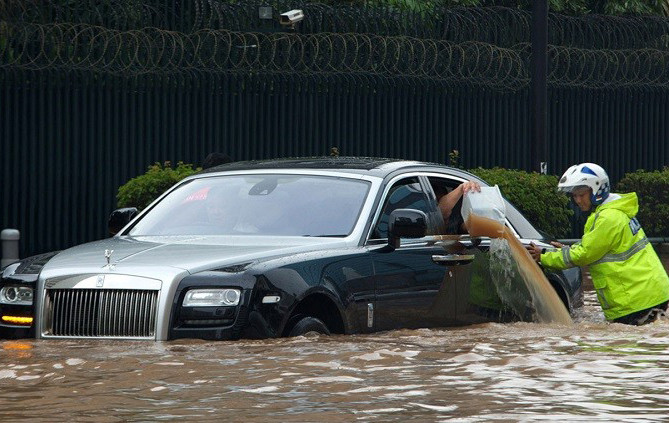 |
1. Firstcheck the interior space of the carIf there is a musty smell, the car has definitely been "water-hammered". Usually, when a car is water-hammered, the garage mechanic will have to spray a lot of perfume to cover up the musty smell.
The simplest way to check is to close the car door and turn off the air conditioner. If the perfume smell is too strong, or the musty smell is obvious, do not buy it.
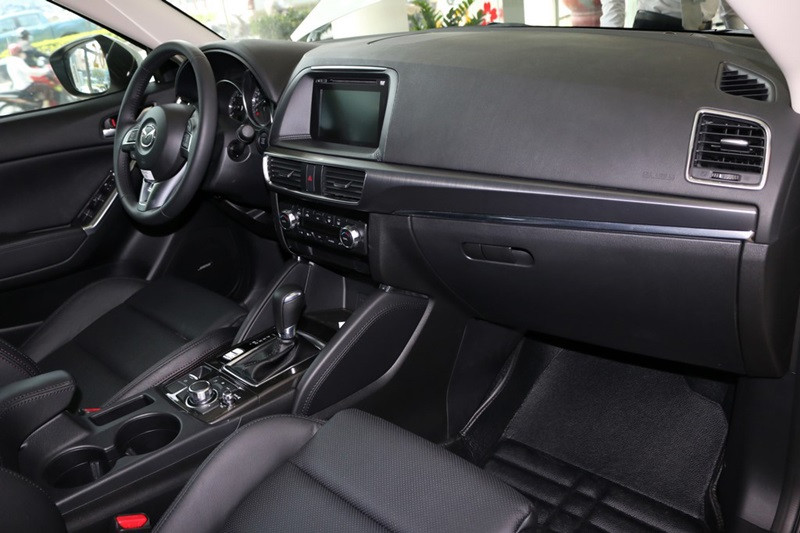 |
2.The next test section iscar seat beltsIf you see that the end of the seat belt is moldy, discolored, has a different color than the rest, or has a crease, it is likely that the car has been flooded.
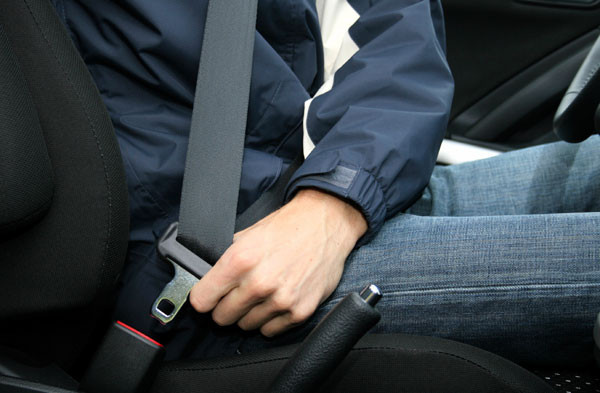 |
3.Check the exterior of the vehicle, pay special attention to the headlight cluster of the car. If the light shows signs of being pried open to clean, or is dim, it means it has been exposed to water.
Other parts and details of the car also say it all. Check the trunk, screws in hidden places. If there are signs of rust, it is likely that the car has been flooded. Feel and lift up the floor mats to see if there is mud.
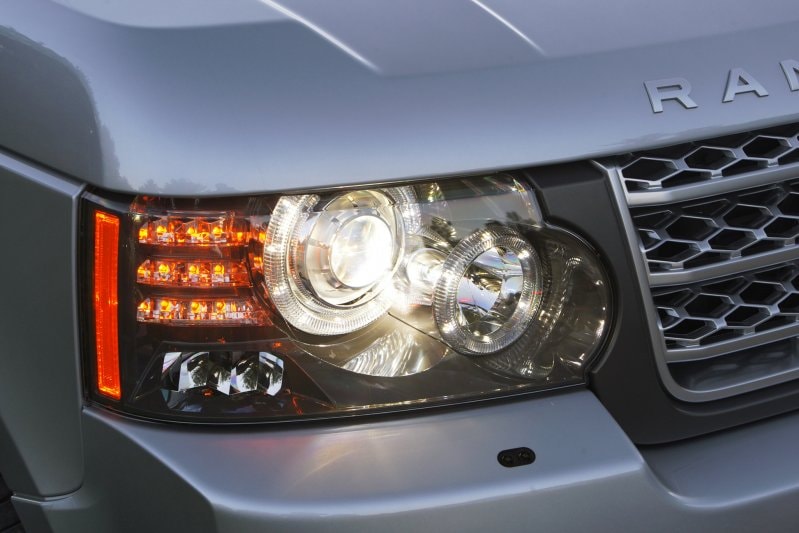 |
4.Lift the spare tire out and check for mud or standing water.Because those positions are often overlooked by auto mechanics while working.
In addition, the car owner should be asked to drive the car up the bridge to check the undercarriage for signs of corrosion. Check the joints between the rubber and the tire, flip the rubber over to see, if there are signs of small peeling, it is likely that the car has been flooded.
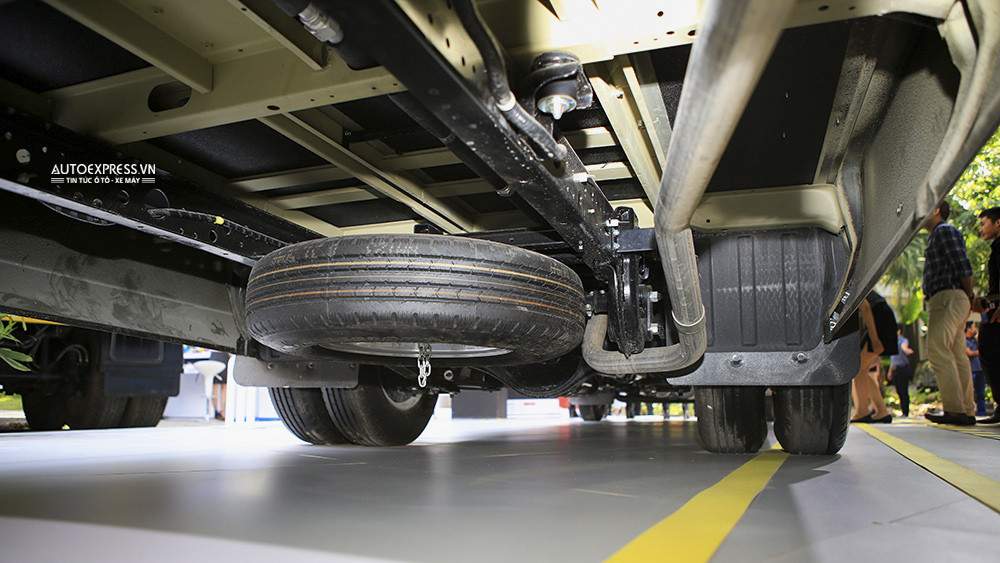 |
5.Kstart the machine to check, DPay special attention to the following points: Is the engine sound different? Is there a strange smell when starting the car? Check the lights on the dashboard, headlights, turn signals... Turn on the windshield wipers to see if they work normally? Listen to the car's CD player and radio to see if there is any noise or interference?
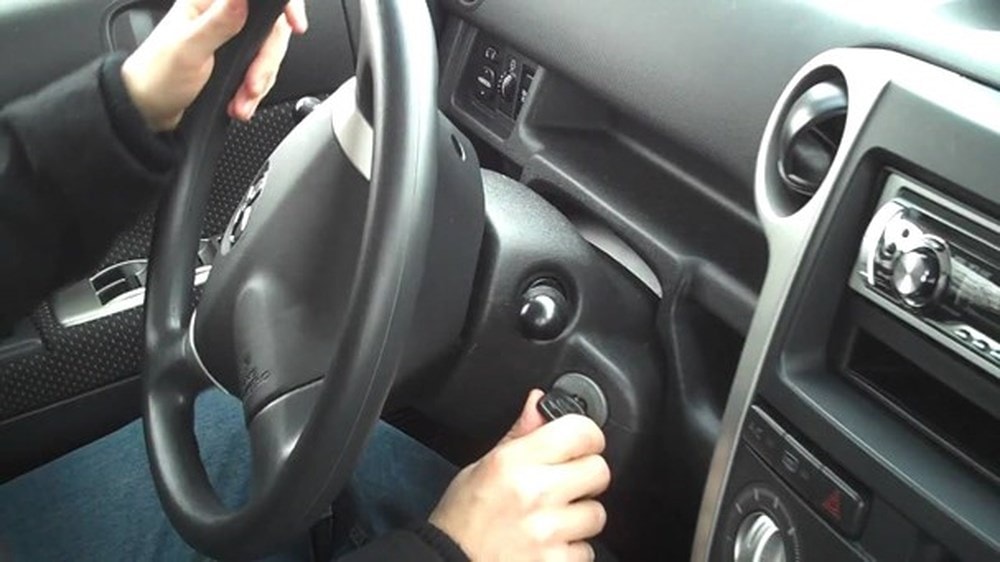 |
6.The final step to be recommendedtest driveto fully feel and be able to recognize problems that arise when the vehicle is running. You should start the engine cold, ask someone else to see if there is smoke from the exhaust pipe or not, listen to the sound of the engine explosion to see if there is anything unusual or not.
You should accelerate and feel the important factors such as the accelerator, the braking system, the steering system, the stability of the car body when cornering at high speed. Besides, you should not ignore monitoring the fuel consumption of the car...
* The harmful effects of water hammer on cars
Hydrolock is a phenomenon where water enters the engine's air intake, causing the vehicle to suddenly stall.
In this case, if the driver restarts the car, the water will be sucked deep into the engine, making the pistons unable to move along the cylinder but still subject to the camshaft's thrust, causing the piston rod to bend, the sump and crankshaft bearing to be damaged; more seriously, if the connecting rod is bent too much, it will break, and this broken part will puncture the engine wall...
The consequences of water hammer are often very serious because the damage is in the engine - the heart of the car. The cost of repair in case of water hammer is very high; the repair will be proportional to the level of luxury and high-end of the car because the price of genuine spare parts is still very expensive.

.jpg)
